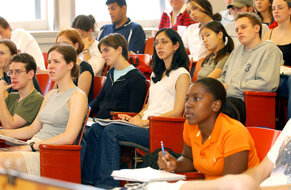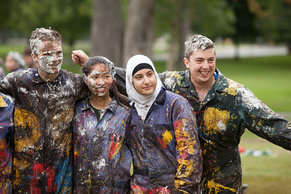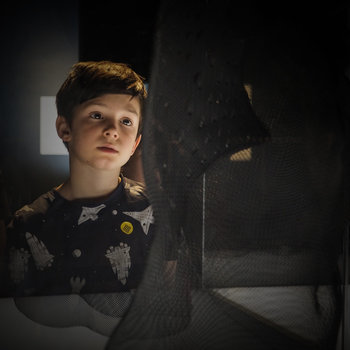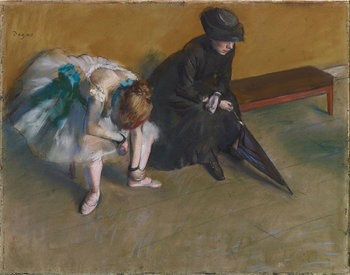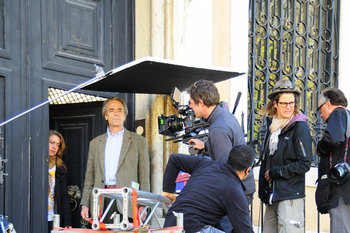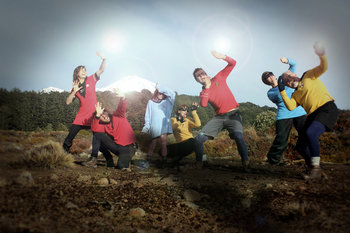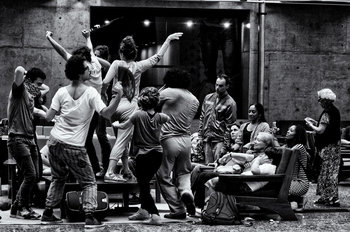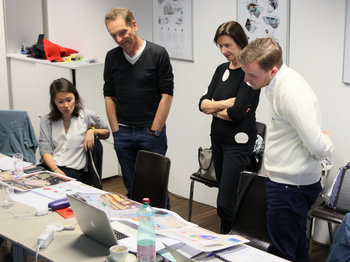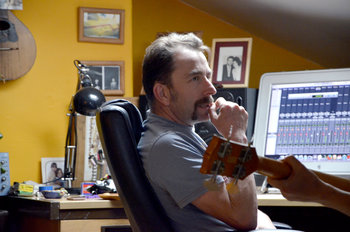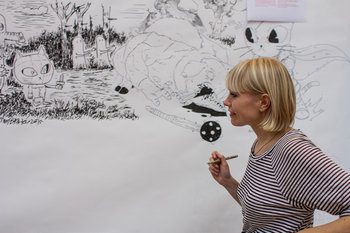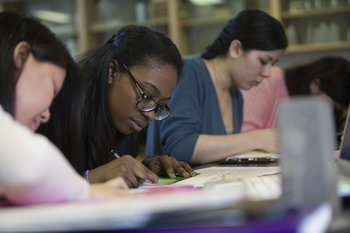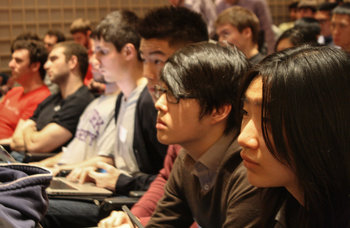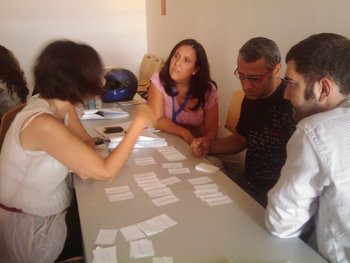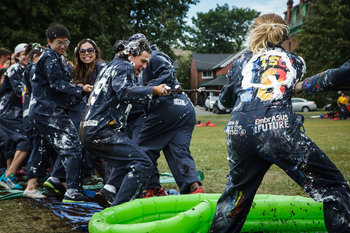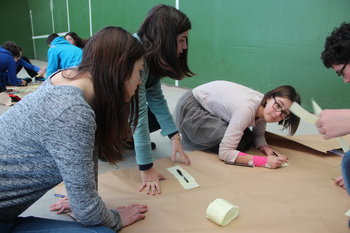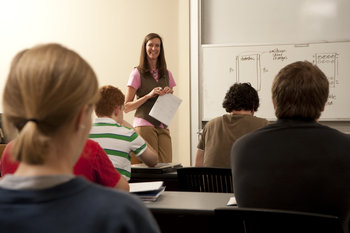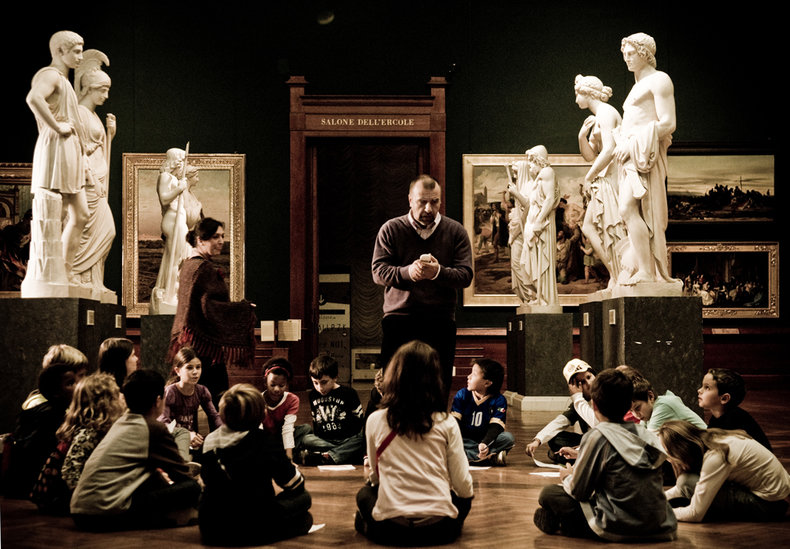
Conjecture
Asking learners to guess at information that is missing.Abductive Reasoning
Forming theories to explain observations.Hypothetical Questions
Questions that contain imaginary scenarios.Open-end Questions
Questions that allow for an unconstrained answer.Abstraction
Working with ideas that differ from reality but are nonetheless useful in explaining it.Analysis
Asking learners to break things down into their component parts.Improvisation
Games and exercises designed to stimulate improvisation.Analogy
Explaining things with analogy or asking learners to develop an analogy.Counterfactual Thinking
Considering how changes to historical fact would have changed the future.Creativity of Constraints
Imposing constraints on problem solving and decision making to stimulate creativity.Tests & Experiments
Developing a hypothesis and then conducting tests and experiments to support, refute or validate it.Thought Experiment
Communicating information as a thought experiment or asking learners to design thought experiments to support, refute or validate an idea.Introspection
Examining thoughts and emotions. For example, asking learners to explain how a musical composition makes them feel.Prediction
Developing future predictions with supporting arguments.Debate
Asking learners to present an argument of a position.Storytelling
The art of making information interesting. For example, asking learners to tell a fictional story that illustrates a problem.Five Whys
Digging into the root cause of problems by asking "why?" five times in succession.Design
Designing a solution to a problem.Jugaad
Designing practical workarounds as opposed to complete solutions to a problem.Tradeoffs
Modeling grey areas such as tradeoffs.| Overview: Creative Learning | ||
Type | ||
Definition | The process of acquiring knowledge and abilities using creative processes | |
Related Concepts | ||

